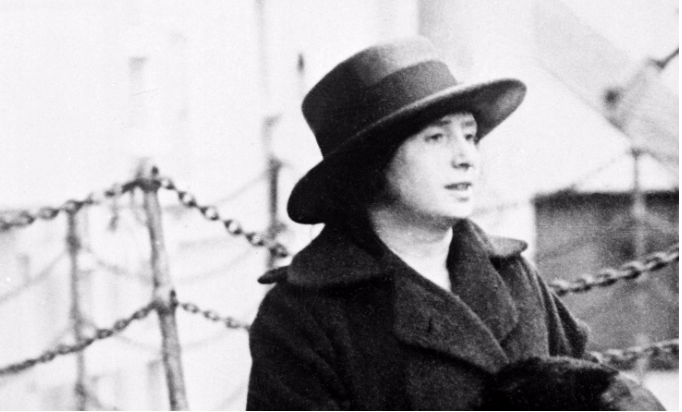Comments
CITYWATCH TODAY--Whenever new protest movements emerge, people look to history for lessons from activists and thinkers who came before. We all stand on the shoulders of those who struggled, sacrificed, and organized to push for a more humane society.
#MeToo is one such movement. It has not only raised awareness about the pervasiveness of sexual harassment and assault—particularly of women—but is also an example of what happens when those who are relegated to a second-class citizenship status come together to speak out.
History is filled with courageous and heroic women who launched crusades for women’s liberation and workers rights, and campaigns against rape and other forms of sexual assault. These women were writers and thinkers such as Sojourner Truth, Susan B. Anthony, Charlotte Perkins Gilman, Ella Baker, Betty Friedan, Dolores Huerta, and many more.
Another is Rose Schneiderman, an unsung forerunner of the #MeToo movement, who organized women to fight for laws to protect them from, among other exploitation, sexual harassment and assault by higher-ranking men in their work spaces.
Women Workers Activism
On March 25, 1911, a fire at the Triangle Shirtwaist factory in New York City killed 146 workers, mostly female immigrants and teenagers. One week later, activists held a meeting at the Metropolitan Opera House to memorialize the victims.
Then 29-year-old Schneiderman—a Jewish immigrant, sweatshop worker, union organizer, feminist and Socialist—rose to speak. Having seen the police, the courts, and politicians side with garment manufacturers against the workers, she questioned whether better laws would make a difference if they were not enforced.
“I would be a traitor to these poor burned bodies if I came here to talk good fellowship. We have tried you good people of the public, and we have found you wanting,” Schneiderman told 3,500 listeners.
“This is not the first time girls have been burned alive in the city. Every week, I must learn of the untimely death of one of my sister workers. Every year, thousands of us are maimed,” Schneiderman said to a mixed audience of workers and the city’s wealthy and middle-class reformers. “There are so many of us for one job, it matters little if 146 of us are burned to death.”
Only 4 feet, 9 inches tall, with flaming red hair, Schneiderman was a mesmerizing orator. Her speech fired up the garment workers in the balcony and the wealthy women in the front rows. (Read the rest.)
-cw















